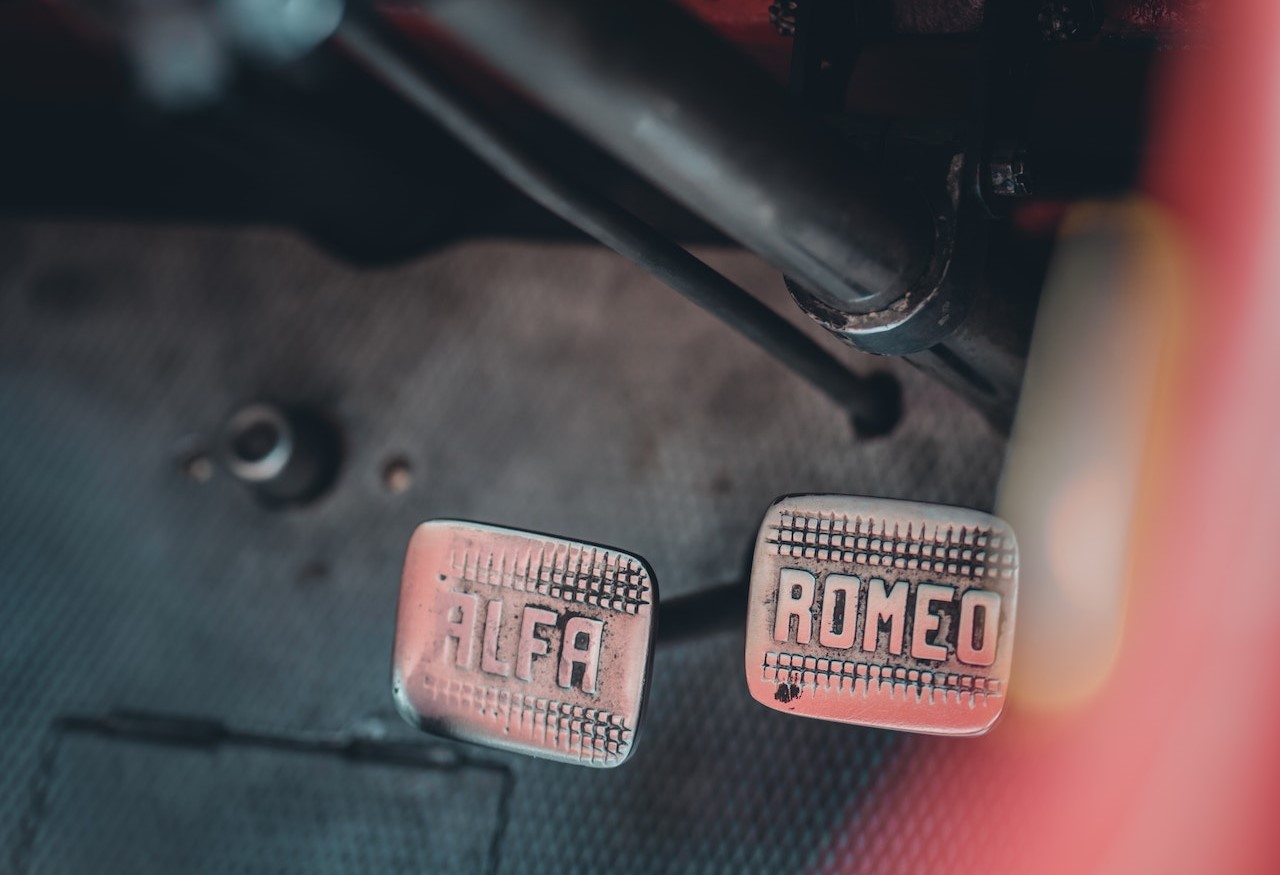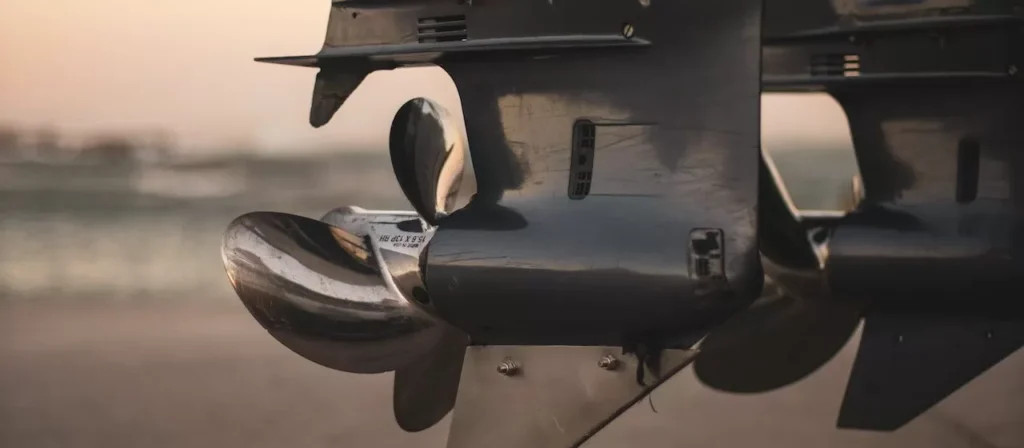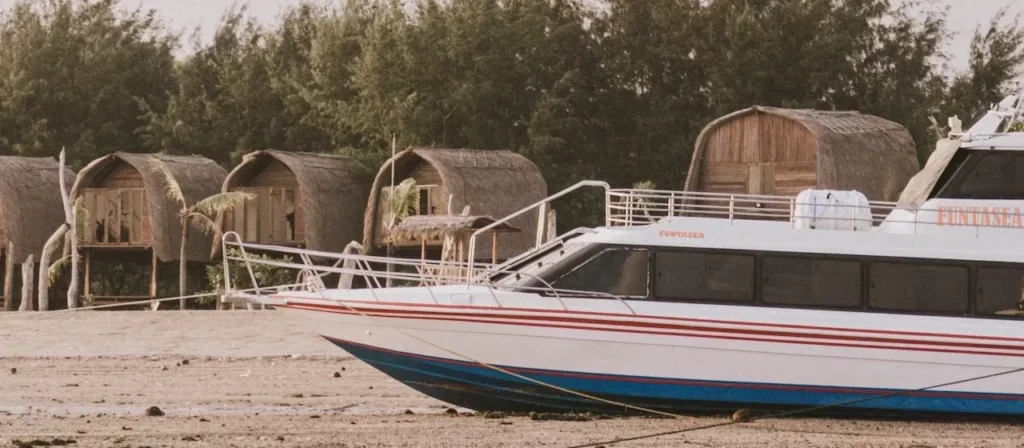Wondering Why Your Brake Pedal Feels Soft?
A fully-functioning brake pedal should have a certain resistance to it. It should feel firm when pressed and can easily stop your vehicle when you’re out on the road.
A brake pedal that goes all the way to the floor indicates that there’s something wrong with your brake system, making your vehicle unsafe to drive.
Wondering Why Your Brake Pedal Feels Soft?
This guide covers the common reasons behind a soft brake pedal and walks you through effective ways to fix it. You'll discover easy-to-follow tips for identifying the issue, knowing when it's time to seek professional help, and deciding if the repair is worth the cost. If your vehicle has multiple problems, you'll also learn why donating it could be a practical choice that benefits others as well.
Your brake pedal should push back against your foot. When you press it, the pedal must feel solid and confidently bring your vehicle to a safe stop anywhere you drive.
If the pedal sinks to the floor, your braking system has a fault that turns everyday driving into a hazard for you and everyone around you.
Reliable brakes keep you in control. A soft pedal steals precious reaction time, limiting how fast you can respond in an emergency.
The good news: skilled mechanics can usually restore firm braking quickly. To help you see what's happening, Breast Cancer Car Donations highlights five frequent reasons your brake pedal feels soft today:
- Air in the brake lines
Air trapped in the brake lines is the most common culprit. Pockets of air block smooth fluid flow, so the pedal feels squishy and needs extra travel before your brakes engage properly again each time. - Worn master cylinder
The master cylinder pumps hydraulic pressure. When its seals wear, pressure leaks internally, reducing the force you feel underfoot and letting the pedal travel farther than it ever should. - Moisture in the brake fluid
Moisture absorbs into brake fluid over time. The resulting water vapor compresses under pressure, giving the pedal a spongy feel until you flush and refill the system. - Low brake-fluid level
Low fluid invites air into the circuit and robs the system of pressure. Keep your reservoir at the marked level, check it regularly, and top it off anytime it drops to guarantee a consistently firm pedal feel. - Leaking disc brake calipers
Rust eats away at calipers, allowing precious brake fluid to seep out. Leaks lower pressure and soften the pedal; cleaning or replacing the damaged calipers restores sealed, reliable braking performance once again.
How can I fix a soft brake pedal myself?
You can start by checking your brake fluid level and topping it off if it's low. Bleeding the brakes to remove air from the lines can also help. However, deeper issues and more maintenance may require a professional.
What should I tell my mechanic about soft brakes?
Explain exactly how the brake pedal feels. Does it sink slowly, go straight to the floor or feel spongy? Did it happen after an accident? Mention when it started and whether it happens all the time or only under certain conditions.
What simple checks can I do at home for a soft brake pedal?
Check the brake fluid level and look under the car for leaks near the wheels or under the engine. Also inspect for dashboard brake warning lights.
How much does fixing soft brakes usually cost?
It depends on the cause. A fluid top-off or brake bleed might cost under $100, but replacing calipers or the master cylinder can run $300–$800 or more.
When should I stop driving and see a mechanic for soft brakes?
For the sake of safety, immediately. If your pedal sinks or braking feels weak, your car may not stop properly. Driving it is dangerous.
If my car has many brake problems, should I think about donating it?
Yes. If repairs are costly or the car has other issues, donating it could be a smart way to support a good cause and avoid further expenses.
[caption id="attachment_23130" align="alignnone" width="1696"] Photo by Ketut Subiyanto under Pexels License[/caption]
Photo by Ketut Subiyanto under Pexels License[/caption]Tired of All Your Car Problems? We Can Help
Several factors can steal firmness from your brake pedal. Some fixes are inexpensive, yet others may demand major work and hefty costs that make you question whether the vehicle is worth further investment, time and wallet strain.
If your vehicle suffers from more than mushy brakes and you're exhausted by the endless cycle of repairs, consider a different path: donate the car to Breast Cancer Car Donations and spare yourself headaches while supporting a lifesaving cause for patients in desperate need.
By giving, you provide vulnerable breast cancer patients in your community with the critical medical care they urgently deserve and desperately require.
We'll auction your donated vehicle, then direct every dollar raised to our nonprofit partners. These trusted, IRS-approved 501(c)(3) organizations deliver comprehensive breast-health services to anyone who needs them, from diagnosis through recovery in your own backyard and beyond.
Your generous car donation funds treatment for uninsured and underserved breast cancer patients near you, covering vital expenses and connecting them with leading medical centers where comprehensive care speeds their recovery and long-term rehabilitation so they can thrive again.
Others benefit, too, receiving free cancer screenings as well as prevention and education programs supplied through our dedicated charity partners network.
Your charitable gift rewards you as well; it qualifies you for the highest possible tax deduction when you file next season on your return.
We also arrange free pickup and towing at any location in the United States, saving you time, effort and cost.
Best of all, you'll feel the deep satisfaction of performing a life-saving act of charity with a single generous gesture for others.
We welcome nearly every type of vehicle, including cars, trucks, motorcycles, boats and even RVs. Condition doesn't matter; running or not, damaged or dented, we'll gladly accept your automobile as long as you still hold the title paperwork to smooth the donation process easily.
Want more details? Visit our FAQs to see how quick and painless the process is. You can also call 866-540-5069 or send us a message anytime with questions or special concerns about your potential donation experience today; we're here.
Become a Lifesaver Today!
Make a real impact on breast cancer patients' lives with one simple decision. Turn the vehicle cluttering your driveway into a powerful tool for hope. Call Breast Cancer Car Donations at 866-540-5069 or complete our online form now to start saving lives in your community and beyond.




